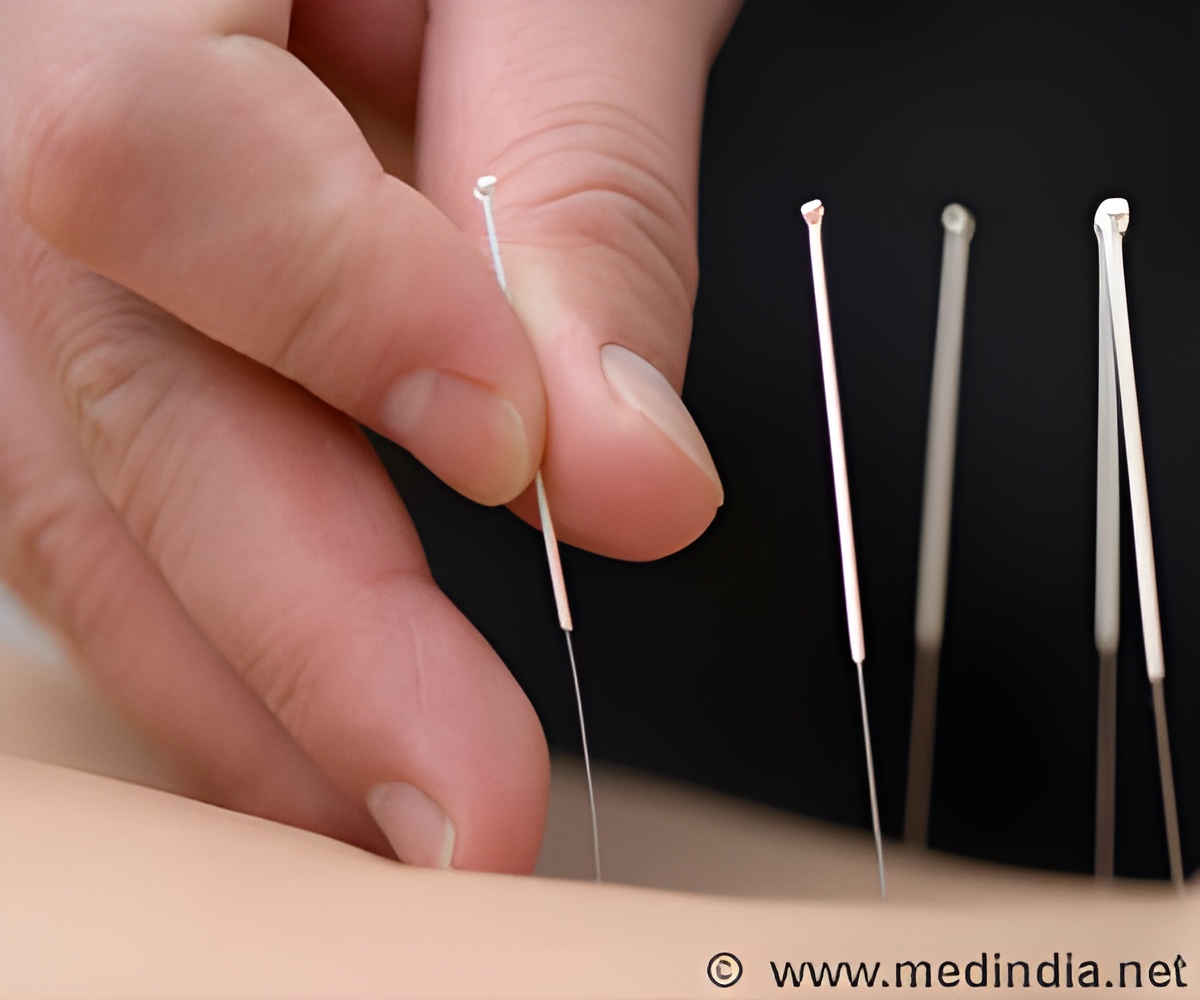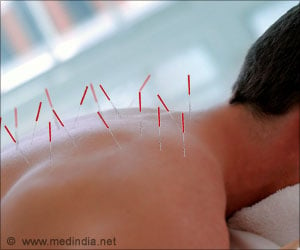
‘Women with breast cancer show signs of hot flashes and disturbed sleep during night which can be monitored with the help of electro-acupuncture.’
Tweet it Now
A new study shows that electro-acupuncture may be effective in providing some relief. The study is published Menopause, the journal of The North American Menopause Society (NAMS).Compared with women who undergo natural menopause, women with breast cancer are at a greater risk of experiencing hot flashes, partially as a result of the premature menopause that results from chemotherapy and surgery, as well as estrogen deficiency caused by the use of breast cancer treatments such as tamoxifen and aromatase inhibitors.
Researchers analyzed data from a randomized, controlled trial involving 58 breast cancer survivors experiencing bothersome hot flashes. They compared the benefits of using electro-acupuncture (the application of a pulsating electric current) to prescribing gabapentin, an anti-seizure medication frequently prescribed to treat sleep disturbances related to hot flashes.
The study showed electro-acupuncture to be comparable to, if not better than, gabapentin in helping to reduce hot flash severity and frequency and improving overall sleep quality (including falling asleep faster and fewer sleep disruptions).
Although it is not exactly understood how acupuncture affects sleep, it has been shown to affect a number of neurotransmitters associated with sleep, such as serotonin and melatonin.
Advertisement
"This study shows that, for women who need or choose to avoid medications, electro-acupuncture may be an option because it has minimal risks, but blinded controlled trials are needed," says Dr. JoAnn Pinkerton, NAMS executive director.
Advertisement
Source-Eurekalert













